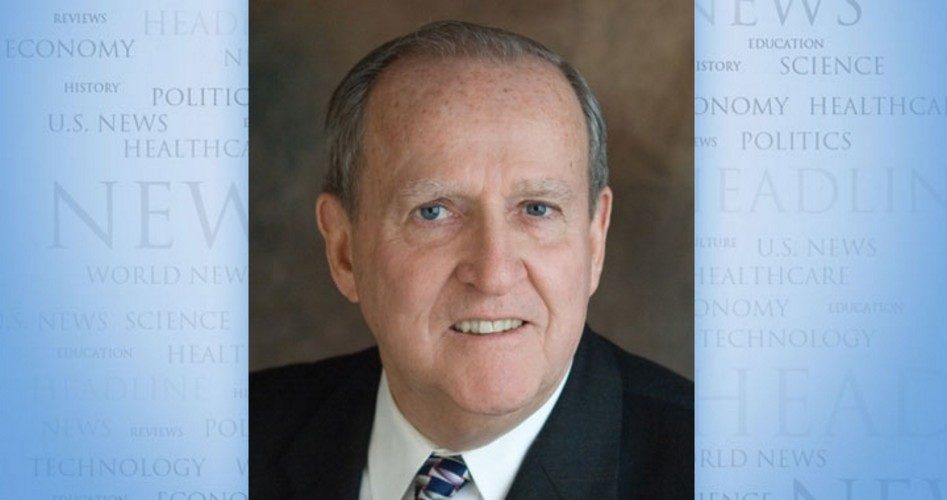
Over the past year, more than one million refugees have descended on Germany. Many German citizens have expressed sharp discontent over their government’s open border policy. One result is a serious slippage of Chancellor Angela Merkel’s popularity.
The holder of the nation’s highest office for the past 11 years, Merkel now knows of the stinging rebukes dealt to her Christian Democratic Union (CDU) in recent local elections. Asked about the CDU’s losses and the loss of her personal political clout, she accepted blame for the influx of foreigners, but her message features only regret that the people disagree with what she has allowed. She has done next to nothing to reverse the policy that has permitted so many refugees to descend on the German nation.
In remarks after meeting with CDU leaders in the wake of two significant political party setbacks, she stated, “If I could, I would turn back the time by many, many years to better prepare myself and the whole German government for the situation that reached us unprepared in late summer 2015. Nobody, including myself, wants a repeat of this situation.” How far back she would like to turn wasn’t made clear. But before the collapse of Communism in Europe 25 years ago, she held a post in the East German Communist government. Is a return to communist-style rule what she wants? When the Iron Curtain came down, she and many other Communist functionaries throughout Eastern Europe abandoned the “communist” label and, overnight, announced they were now “socialists.”
The sudden presence of one million refugees resulted in a crime wave that Germans aren’t forgetting. After a New Year’s Eve rampage in Cologne eight months ago, women who were attacked filed more than 650 criminal complaints. Almost all were aimed at newly arrived refugees. Hamburg saw 150 similar complaints. Attempts to cover up the attacks in Cologne led to the resignation of the police chief. Nearly half of the city’s refugees from northern Africa have engaged in criminal acts — mostly theft. Many threw away their passports so that their home country wouldn’t be known.
Here in the United States, President Obama delivered his final speech before the UN General Assembly on September 20. In it, he called for acceptance of more refugees. Paralleling the president’s urging aimed at the leaders of other nations, the White House announced a week earlier to accept 110,000 refugees in the coming year, especially those from war-torn countries of the Middle East. He also pledged to spend $3 billion for resettlement programs to use the funds for jobs and education for the new arrivals. Tugging at heartstrings customarily accompanies announcements about the need to accept more refugees. But no mention is made of the stern warning given by FBI Director Comey only a few months ago that his agency is completely unable to vet Middle Eastern refugees who come here.
Barack Obama will leave office in January 2017. Will his successor carry on his lax refugee policies, or will there be a change in the attitude of the next occupant of the White House? What has been happening in Germany ought to be on the minds of America’s voters this November. To help persuade U.S. voters when they go to the polling places, Mr. Obama stated: “I’ll see it as a personal insult to my legacy and the work we’ve done together if we fail to step up and make sure that Hillary takes my place in January.” That statement alone will likely sway many U.S. voters. Are you one of them?
John F. McManus is president emeritus of The John Birch Society. This column appeared originally at the insideJBS blog and is reprinted here with permission.



